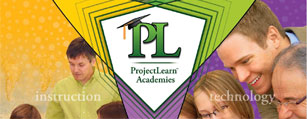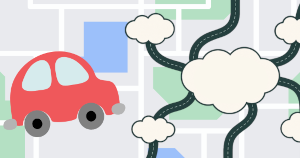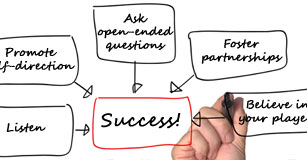Support Your Child's Cognitive Development
Parents are essential to building foundations in early childhood
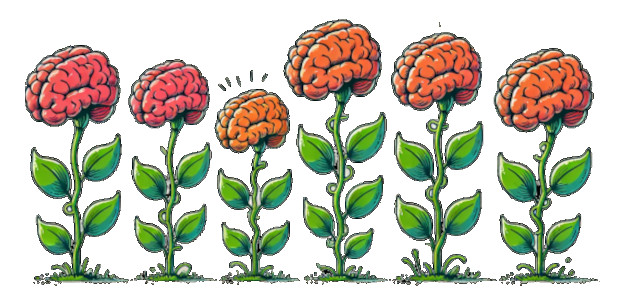
We are in awe when our young children learn a new word, a skill, or habit. In their early years, children’s minds are like sponges, always observing and grasping things from the environment around them. How do they pick things up so quickly? That is the magic of early childhood.
The formative years lay the foundation for your child's future. Enrolling your child in a preschool, like KLAY, nurtures this growth and plays a vital role in shaping their future. Even if your child is in preschool, your active involvement is a crucial element in their development.
Here are a few ways you can make the most of it and support their foundational development during the early years.
Cognitive Development in Early Childhood
Cognitive development in early childhood is essential to how a child learns to think, understand, and make sense of the world around them. By understanding this process, you can help them build essential skills like problem-solving, memory, and decision-making. Key cognitive skills include:
- Language Skills—a child's ability to communicate; both learning new words and figuring out how to use them in conversations.
- Memory—a child trying to remember things they have learned, whether it's a favorite song, rhyme, or where they put their toy.
- Focus—although their attention span at this age is very short, a child's ability to stay attentive while doing tasks like building with blocks or listening to a story without getting too distracted.
- Problem-Solving—a child can find ways to overcome challenges, like figuring out how to stack taller towers without getting frustrated.
- Social Awareness—a child understands emotions and responds thoughtfully to their own emotions and those of others.
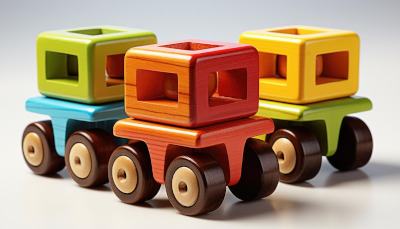
Stages of Cognitive Development – An Overview
During the early years, your child's growing brain goes through remarkable changes. Swiss psychologist Jean Piaget described four main stages of brain development that help explain how children grow and evolve:
Sensorimotor Stage (0-2 Years):
During this stage, your child learns about the world through their senses and actions. They will touch and taste to learn things. Games like peek-a-boo are fun for them because they learn that something can be out of sight but it can still exist.
Preoperational Stage (2-7 Years):
During this stage, you will notice that your child becomes creative with their imagination. They start to pretend play and use words and pictures to communicate. They may not always seem logical but are looking at the world from their own understanding and perspective.
Concrete Operational Stage (7-11 Years):
During this stage, your child's thinking becomes more logical and you will see that your child starts to understand concepts such as letters, numbers and measurement. For example, if your child pours water from one container to another, they will know it is the same amount.
Formal Operational Stage (12+ Months):
During this stage, your child will learn to think in more advanced ways. Children are able to understand situations that are not in front of them, are able to imagine more, and they can understand "what if" situations better. They will have their own reasoning and learn to think critically. Concepts like fairness and justice will make more sense at this age.
Activities to Improve Your Child's Cognitive Growth
Use these activities to support your child's brain development at every stage:
- Nursery Rhymes: Sing together to improve memory and language skills.
- Play with Blocks: Try stacking blocks and building them together. This teaches problem-solving, motor skills, and awareness to your baby.
- Morning, Day, Night Games: Use stories or activities to teach them about time and daily routines.
- Puzzles: Complete a puzzle. Puzzles are great for the mind, they encourage them to focus and use logical thinking to put every piece together.
- Sorting Games: Sort toys or household items by color, shape, or size. This will improve their concentration.
- Building Projects: Make crafts or work on activities like LEGO® to improve creativity and planning.
- Role Play: Encourage pretend play with your child, try things like acting out a doctor's visit or grocery shopping trip. This helps develop imagination and social skills.
- Early Literacy: Engage your child in phonemic awareness activities to prepare them for learning to read—making up rhymes, songs, and easy games that emphasize the sounds in words. Some children are even ready to begin learning phonics.
Why is Cognitive Development in Children Important?
Being a support for your child's brain development is crucial. Not only does a strong foundation make it easier for your child to succeed in school, understanding others helps them build meaningful relationships. As your child develops problem-solving abilities, they learn to think, face challenges smartly, and find solutions with ease.

Cognitive growth also helps your child manage emotions and respond calmly to situations. It also builds their creativity, helping their imagination and curiosity grow.
You are an Essential Foundation for Your Child's Future
A nurturing environment is key to your child's mental and emotional growth. A preschool gives your child the right environment through fun and engaging activities. The experiences you give your child outside of school can also help them develop emotionally, socially, and intellectually.
As a parent, you are your child's backbone, your input in their upbringing and the activities you do with them, help them develop into strong individuals in every aspect of life. Early childhood is the perfect time to unlock their potential. Start now, and watch your child grow into a confident and curious learner, ready to explore the world.


